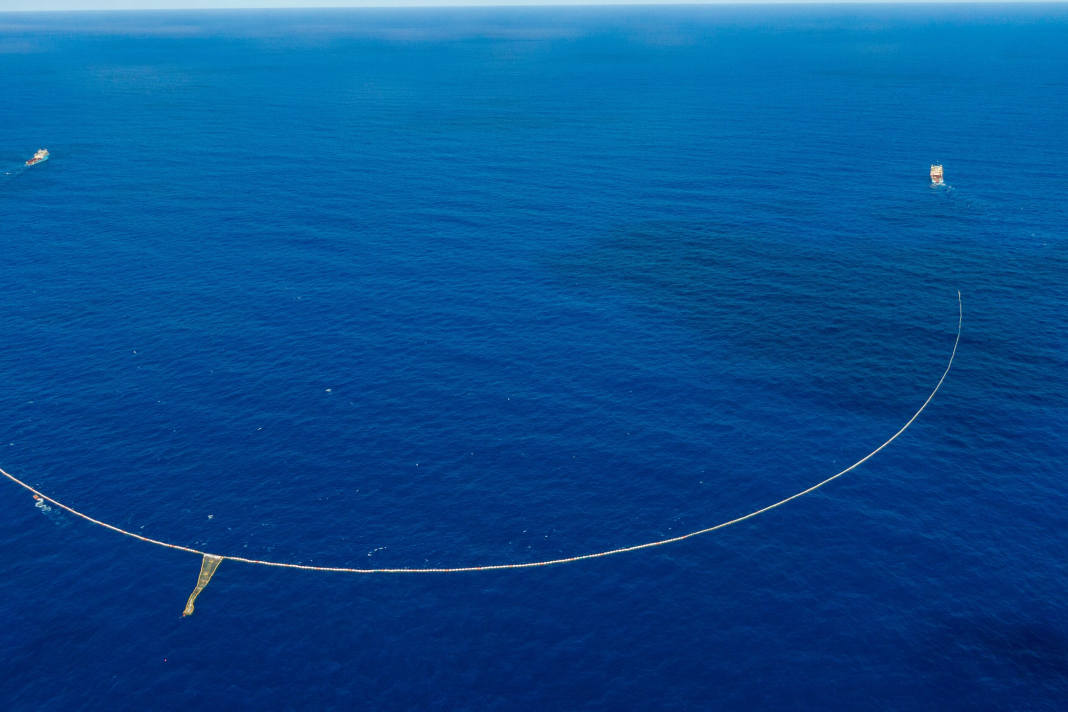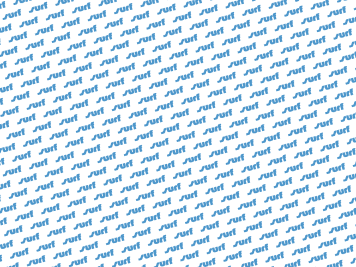The environmental project of the NGO "The Ocean Cleanup" has set itself the goal of ridding the world's oceans of as much plastic waste as possible. After almost five years and the 100th "fishing trip" in the Pacific, the project is now taking stock. A total of 10,000 tonnes of plastic waste have already been recovered from the Pacific, and the third version of the system is now in operation. The Pacific Ocean is home to a large rubbish vortex known as the Great Pacific Garbage Circel. It is the largest of a total of five such plastic waste swirls on Earth, two of which are also located in the Atlantic. As a teenager, Boyan Slat was shocked by the amount of plastic waste compared to fish while snorkelling in the Aegean Sea and founded the initiative as a result (surf reported at the time). The NGO now employs over 120 engineers, scientists, technicians and numerous volunteers to achieve its goal.
By 2040, 90 per cent of marine litter is to be fished out
The Ocean Cleanup's goal is to fish 90 per cent of the larger pieces of plastic out of the oceans by 2040 so that it does not break down into highly problematic microplastics that pollute the oceans and animals and end up on our plates as poison in fish.
At this point, you will find external content that complements the article. You can display and hide it with a click.
The Ocean Cleanup: A new strategy for river courses
At the same time, the organisation led by Boyan Slat, now an adult, who started the project in 2013 as a sixteen-year-old teenager with a lot of support, has expanded its strategy. As it has been proven that most waste is discharged into the oceans via large rivers, so-called "interceptor" ships and barriers were built. They now float in 15 estuaries in eight countries and fish out the plastic before it reaches the oceans.
At this point, you will find external content that complements the article. You can display and hide it with a click.
The team's videos impressively demonstrate how alarmingly high the plastic flood is in many places and how important it is to combat it. In one of the videos, local beach visitors off the American west coast are asked whether they have noticed a difference since an "interceptor" was installed at the mouth of a large river in California. Almost all of them confirm that there is significantly less plastic in the water and, above all, on the beach.
Over the years, the project has developed enormously and the technology is also advancing rapidly: the catching device of the offshore gear has been improved so that fish and other marine life can escape death in the net even better thanks to specially installed escape compartments. In addition, the two trawlers tow the gear very slowly to make it easier for animals to escape.
The Ocean Cleanup is recognised worldwide
The work of the NGO is also becoming increasingly recognised worldwide. Slat and his fellow campaigners have now been honoured with dozens of environmental awards, and even the UN has honoured the Dutchman. He works together with a network of top universities around the world and the recycling of the plastic he catches is now also well organised.
This is good proof that action can make a big difference. Government institutions are now also taking many steps to avoid plastic waste, for example by gradually banning plastic bags, drinking straws and disposable crockery.






